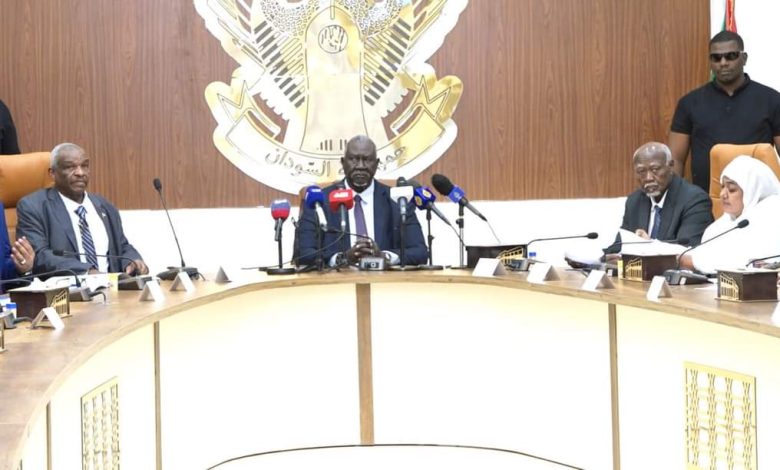
Sudan Events – Follow-ups
Shadia Ahmed Abdul Rahman, acting Director of the Civil Service Bureau, revealed significant challenges confronting the civil service sector in the aftermath of the war.
During her address at the administrative reform workshop on Thursday, Shadia listed key challenges, including paying workers’ salaries without them performing duties due to wartime conditions, displacement-related hardships, and the rising inflation necessitating salary structure adjustments not updated since 2022. She also mentioned the health challenges facing employees due to displacement, halts in promotions and appointments, and delays in salary payments across states, leaving families dependent on these wages in distress.
Her report highlighted increasing unpaid leave requests, workforce attrition due to poor service conditions, and growing negative attitudes towards public sector jobs.
Shadia underscored the need for the state to adopt new policies that address current realities, revise civil service laws and regulations, improve service conditions, and prioritize both external and internal training. She also advocated for releasing wages of employees whose unpaid leave periods have ended and promoting a broader perspective on public service beyond pay-for-work.
She concluded that enhancing civil service requires a collective state effort and detachment from shifting policies to ensure stability.



